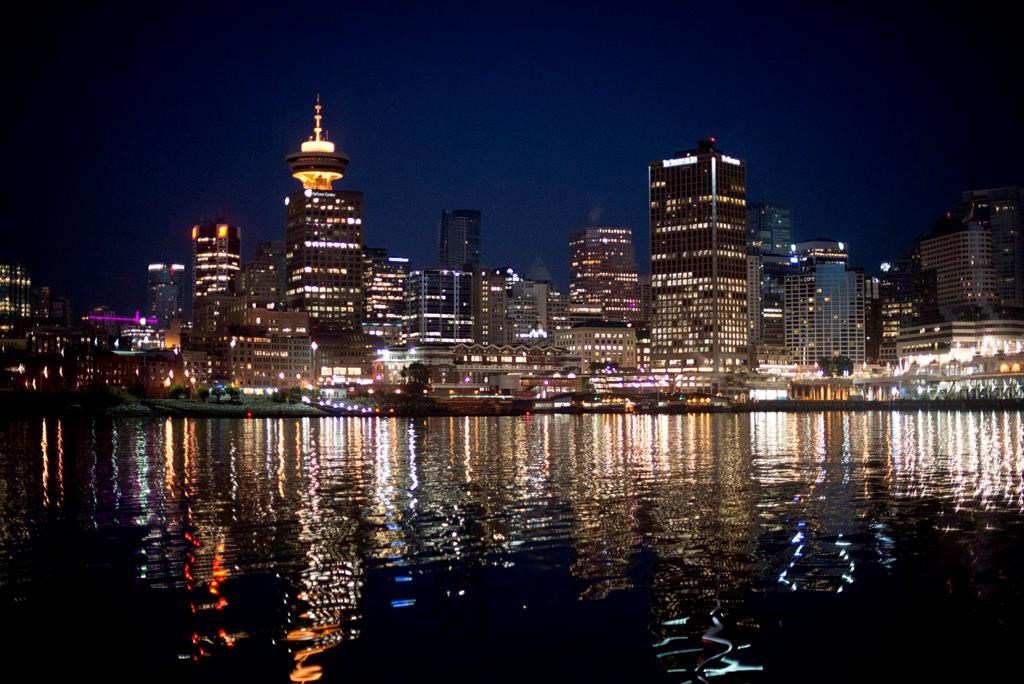More than 200 B.C. sex workers were surveyed for a report that outlines risks and needs within the industry.

Those surveyed said they operate within the Lower Mainland and Southern Vancouver Island.
“This was a first-of-its-kind, 100 per cent experientially led, highly adaptable process in which the participants and researchers identified ways to meet needs and minimize risks for diverse sex workers,” said Sylvia Machat, the report’s lead evaluator.
The report, titled By Us, For Us, was put together by a group of sex worker rights organizations operating in the province.
Half of those surveyed said they have difficulties paying for food and around 75 per cent said they live with a disability.
Almost half of the sex workers said they are Indigenous and around 35 per cent said they do not have safe housing.
The report calls for a robust and immediate response from the government akin to the COVID-19 response or the overdose crisis.

Get breaking National news
“Sex workers with intersecting oppressions, such as living with disabilities, Indigenous background, gender minority identity, or being a person of colour, face unique needs and risks,” said Spencer Johnston, Health Initiative for Men’s program manager.
“(They have) higher needs for mental health supports, and have specific care needs for Indigenous sex workers.
“Further, income and disability assistance rates need to be raised immediately to COVID-era support levels to reduce the added risks that people in poverty or living with disabilities are forced to take on to make ends meet.”
Officials also call for the decriminalization of sex work as keeping sex work illegal pushes the industry underground and makes it less safe.
The report was developed by the Metro Vancouver Consortium, a rights-based and sex work-positive collaboration between multiple organizations and service providers in B.C.
People can read the entire report online.










Comments
Want to discuss? Please read our Commenting Policy first.